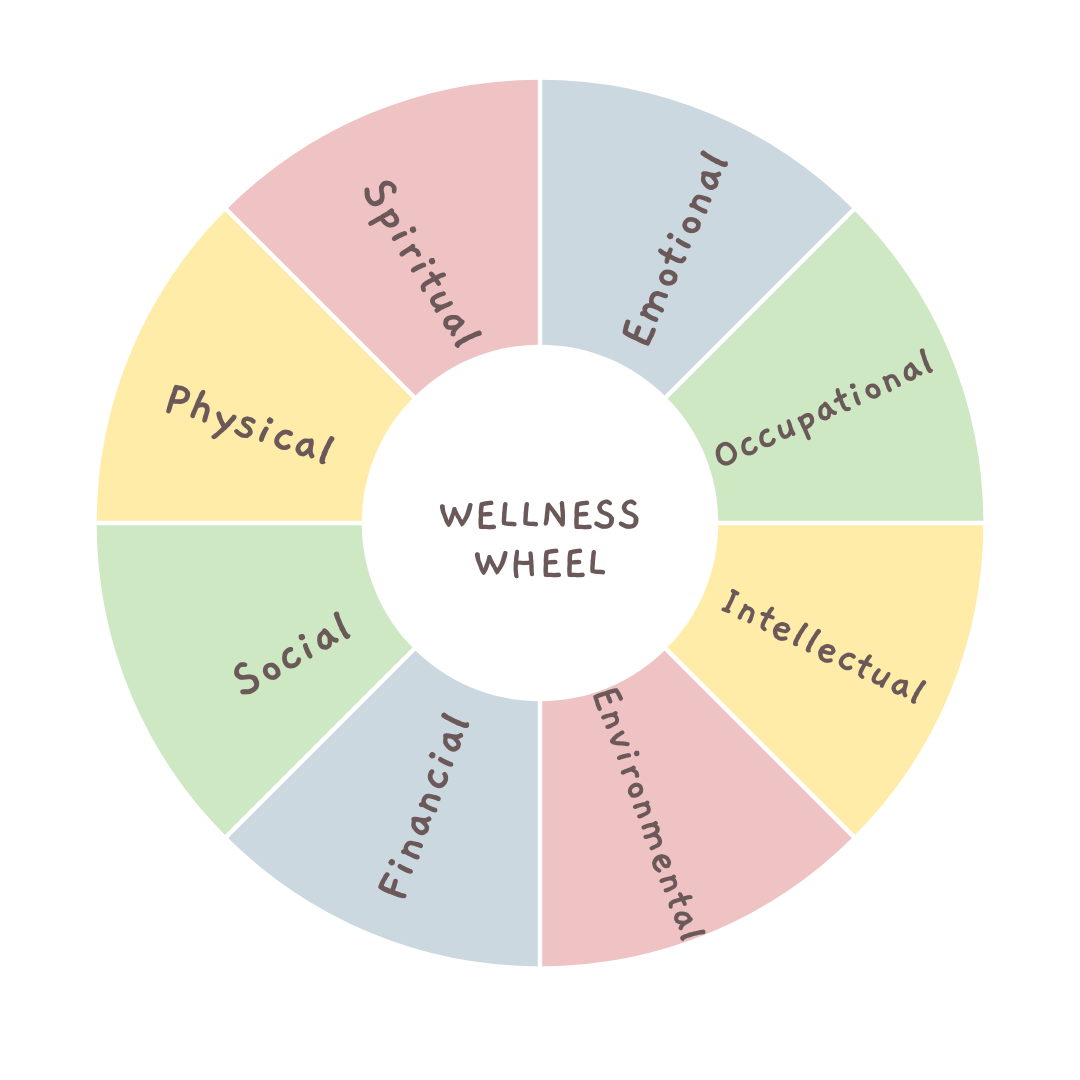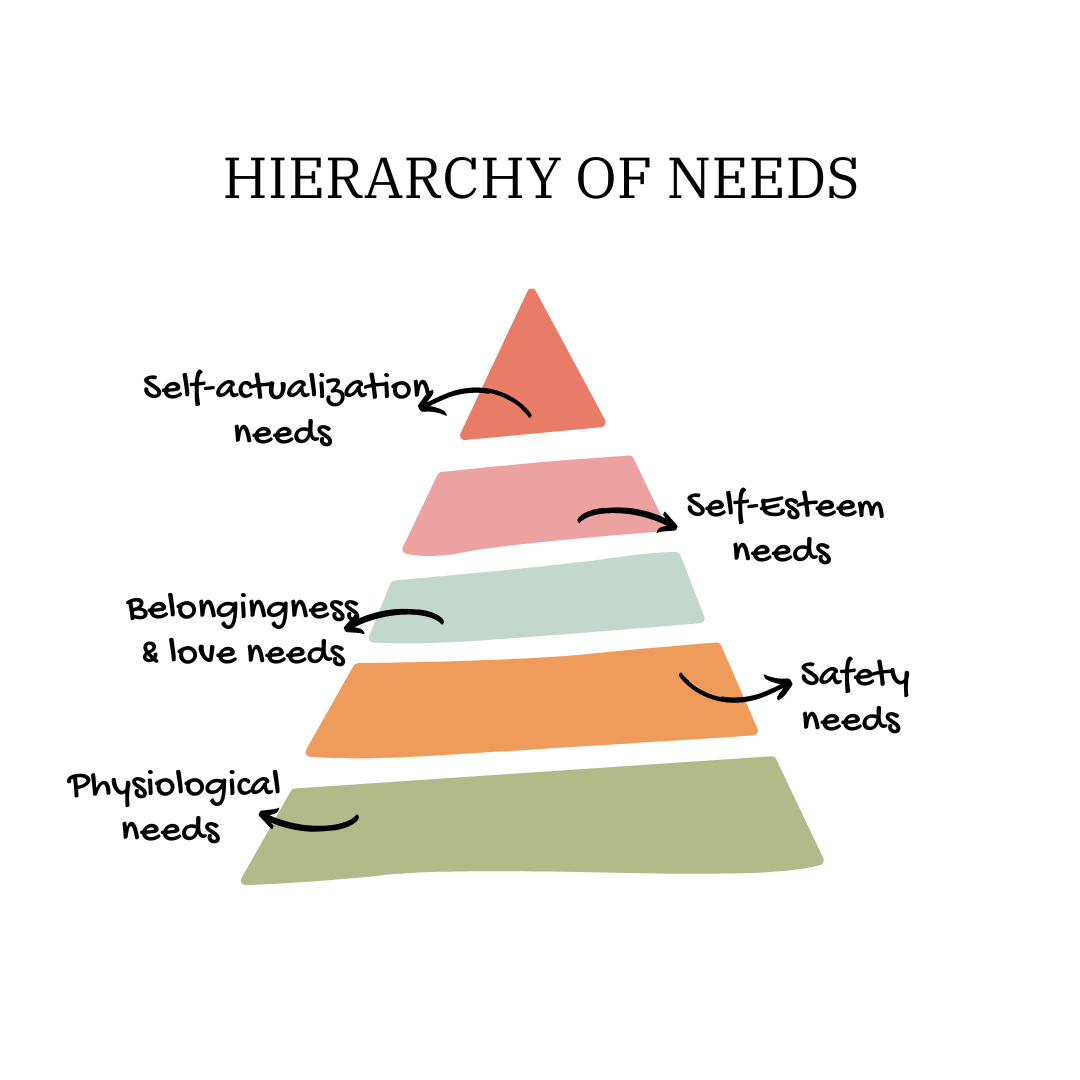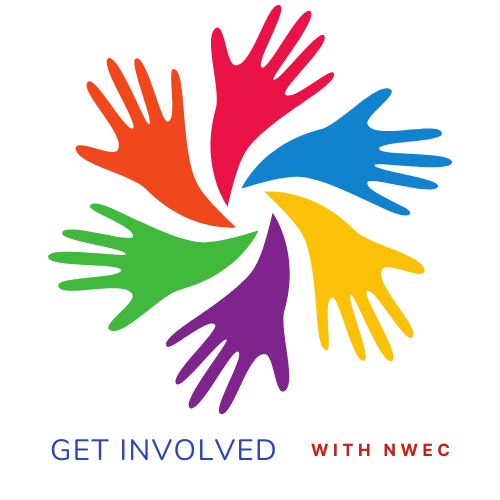Wellness is consistently practicing healthy habits and choices to achieve higher holistic health, so rather than surviving, you are thriving. Wellness can be different for everyone both in how it is practiced but also in how it is defined, and everyone’s wellness journey is different, but is also heavily influenced by society, culture, and social interactions which you are apart of. Thus it is important to be mindful of these influences.
.\.
.
.
.
There are many different aspects of wellness and depending on where you look or who you ask you may notice a differing amount of aspects of wellness but in most models there are at least six aspects of wellness. Often physical health is the only aspect of wellness considered but there is multiple other aspects of ourselves that require care to lead ourselves onto a path of holistic health. In this article we will focus on eight aspects of wellness that we value to be of the upmost importance.

Physical: nutrition, sleep, exercise, recreation, shelter and more
Social: relationships, culture, friends, family, communication, clubs or organizations
Financial: expense tracking, financial planning, literacy and security
Environmental: community service, food choices, world awareness, recycling
Intellectual: goal setting, time management, imagination, memory, study skills
Occupational: career, work ethic, training, school, abilities, interests, certifications
Emotional: personality, stress and its management, mental health, love, self-efficacy
Spiritual: values, intuition, character, enthusiasm, spiritual fulfillment, tradition
.
Another wellness model to consider is Maslow's Hierarchy of Needs which is a pyramid that describes different stages of well-being, on a holistic level. Starting from the bottom, a person must be satisfied in each level in order to move forward to the next. Abraham Maslow, the creator of the model, was an American psychologist and created this theory in attempts to explain human needs and their stages.

Physiological Needs: air, food, water, shelter, sleep, warmth, clothing
Safety Needs: personal security, employment and financial security, health, property, resources
Love and Belonging: Friendship, family, intimacy, sense of connection
Self Esteem: respect, status, recognition, strength, freedom
Self-Actualization: desire for personal growth and reaching maximum potential
Overall, wellness is a multidimensional practice in which we each are responsible for our own holistic well-being. Although this is an individual responsibility, we can both give and receive help from others on our personal wellness journeys to maximize growth and well-being. We can also help ourselves by gaining new knowledge and participating in wellness opportunities. Wellness is a path to higher living in which we can reach our full potential and live our best life.
.
.
.
The author of this blog is Riley Bond, a Psychology undergraduate student and the Digital Marketing consultant for Niagara Women's Enterprise Centre. As the Digital Marketing consultant, she creates and posts social media content, updates the website, monitors the social media pages, creates blog content, and more.
Wellness is consistently practicing healthy habits and choices to achieve higher holistic health, so rather than surviving, you are thriving. Wellness can be different for everyone both in how it is practiced but also in how it is defined, and everyone’s wellness journey is different, but is also heavily influenced by society, culture, and social interactions which you are apart of. Thus it is important to be mindful of these influences.
.\.
.
.
.
There are many different aspects of wellness and depending on where you look or who you ask you may notice a differing amount of aspects of wellness but in most models there are at least six aspects of wellness. Often physical health is the only aspect of wellness considered but there is multiple other aspects of ourselves that require care to lead ourselves onto a path of holistic health. In this article we will focus on eight aspects of wellness that we value to be of the upmost importance.

Physical: nutrition, sleep, exercise, recreation, shelter and more
Social: relationships, culture, friends, family, communication, clubs or organizations
Financial: expense tracking, financial planning, literacy and security
Environmental: community service, food choices, world awareness, recycling
Intellectual: goal setting, time management, imagination, memory, study skills
Occupational: career, work ethic, training, school, abilities, interests, certifications
Emotional: personality, stress and its management, mental health, love, self-efficacy
Spiritual: values, intuition, character, enthusiasm, spiritual fulfillment, tradition
.
Another wellness model to consider is Maslow's Hierarchy of Needs which is a pyramid that describes different stages of well-being, on a holistic level. Starting from the bottom, a person must be satisfied in each level in order to move forward to the next. Abraham Maslow, the creator of the model, was an American psychologist and created this theory in attempts to explain human needs and their stages.

Physiological Needs: air, food, water, shelter, sleep, warmth, clothing
Safety Needs: personal security, employment and financial security, health, property, resources
Love and Belonging: Friendship, family, intimacy, sense of connection
Self Esteem: respect, status, recognition, strength, freedom
Self-Actualization: desire for personal growth and reaching maximum potential
Overall, wellness is a multidimensional practice in which we each are responsible for our own holistic well-being. Although this is an individual responsibility, we can both give and receive help from others on our personal wellness journeys to maximize growth and well-being. We can also help ourselves by gaining new knowledge and participating in wellness opportunities. Wellness is a path to higher living in which we can reach our full potential and live our best life.
.
.
.
The author of this blog is Riley Bond, a Psychology undergraduate student and the Digital Marketing consultant for Niagara Women's Enterprise Centre. As the Digital Marketing consultant, she creates and posts social media content, updates the website, monitors the social media pages, creates blog content, and more.
NWEC is committed to supporting women on their entrepreneurship, training and wellness journeys and YOU ARE INVITED! Getting involved is easy. Here are some options to consider:
Become a Participant
Become a Wellness Associate
Become a Sponsor
Become a Donor
